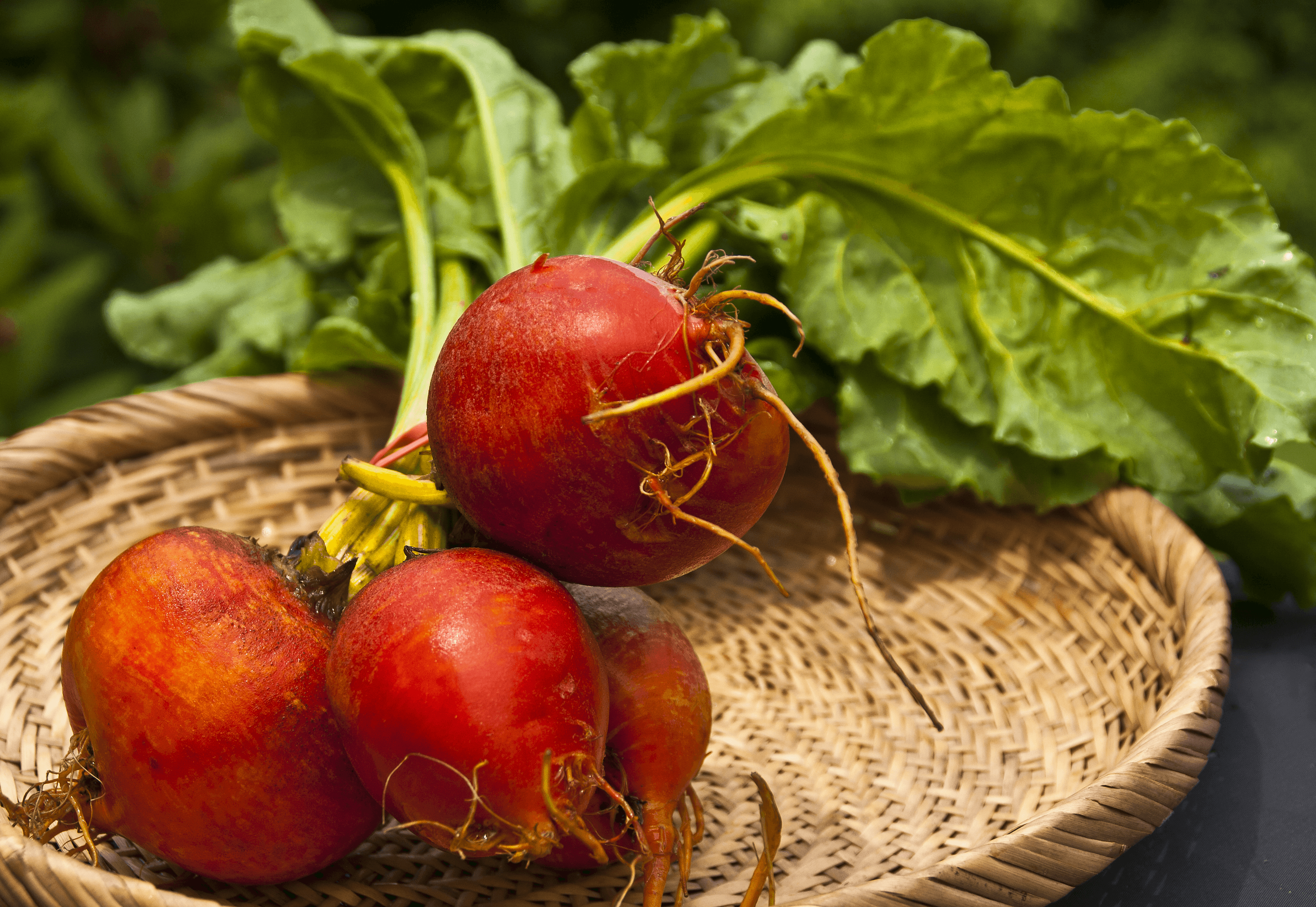Beets are a superfood that have been around since ancient times. They were first cultivated by the Romans before the 19th century. Historically, they have been used to treat a variety of ailments, but researchers today are finding new ways to utilize this miraculous root.
In a study by Webb et al., beets were found to lower blood pressure due to their high nitrate content. The researchers hypothesized that this could be attributed to nitrates providing a source of nitric oxide (a substance that lowers blood pressure due to opening veins) via bioactivation. Bioactivation is when a previously inactive precursor creates a chemically reactive product. In this case, the nitrate is an inactive precursor that creates chemically reactive nitric oxide wen bioactivated. In their small study, 14 subjects consumed 500 mL of beetroot juice, and after 3 hours, researchers observed a substantial reduction in blood pressure by about 10.4/8 mmHg. This reduction also correlated with a peak increase in plasma nitrite concentration. Webb et al. also noted that an interruption in the conversion of nitrate to nitrite in the mouth prevented the rise in plasma nitrite and subsequently blocked the decrease in blood pressure.
Image Source: Kevin Summers
Another study conducted at Queen Mary University of London found similar results. Ahluwalia et al. recruited 64 patients ages 18-85 with hypertension for this study. Half of these patients were taking prescription medication yet were still unable to reach their target blood pressure, and the other half had been diagnosed with hypertension but were not taking any medication to treat it. The patients were randomized into two groups: one group was instructed to drink a daily glass of beetroot juice (250mL), and the other group drank the same thing, but without nitrates. After 4 weeks of daily beetroot juice consumption, the group drinking beetroot juice with nitrates experienced a roughly 20% improvement in blood vessel dilation capacity and an approximate 10% reduction in their artery stiffness, while the placebo group (nitrate-free juice) experienced no changes in blood pressure or artery stiffness.
Besides working its magic against hypertension, beets also contain betanin, an antioxidant that has anti-inflammatory effects. In a study published in the Journal of Agricultural and Food Chemistry, Reddy et al. found that betanin showed an inhibition against breast, colon, stomach, central nervous system, and lung tumor cells.
All of this research suggests that dietary sources of nitrate underlie the beneficial effects of a vegetable-rich diet and are a low-cost approach for the treatment of cardiovascular disease. However, if you don’t love the taste of beets, other root vegetables are also rich in nitrates, and you can get the same great benefits from them!
Featured Image Source: Liz West










